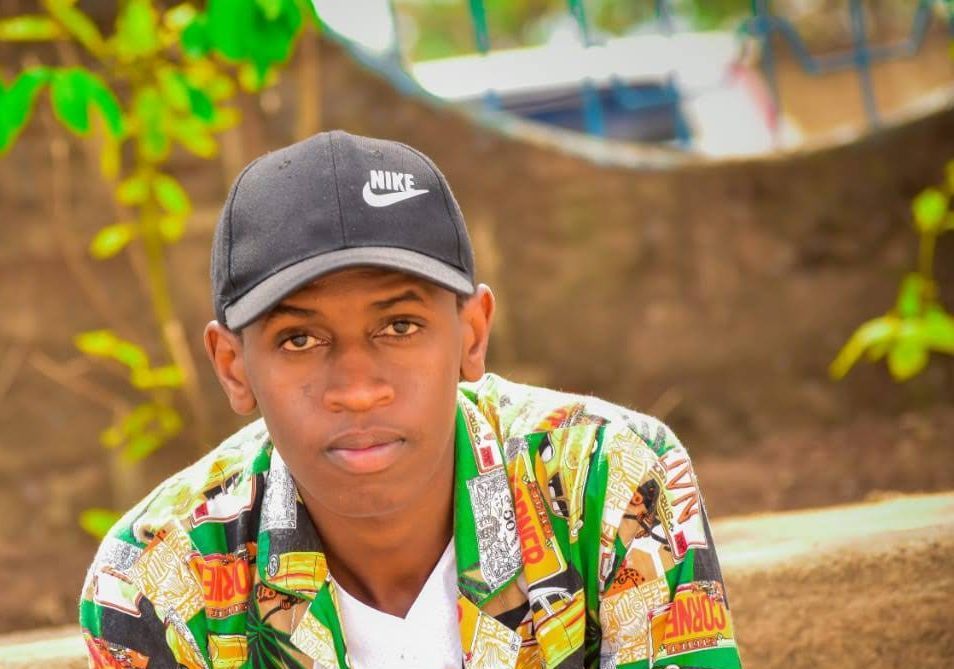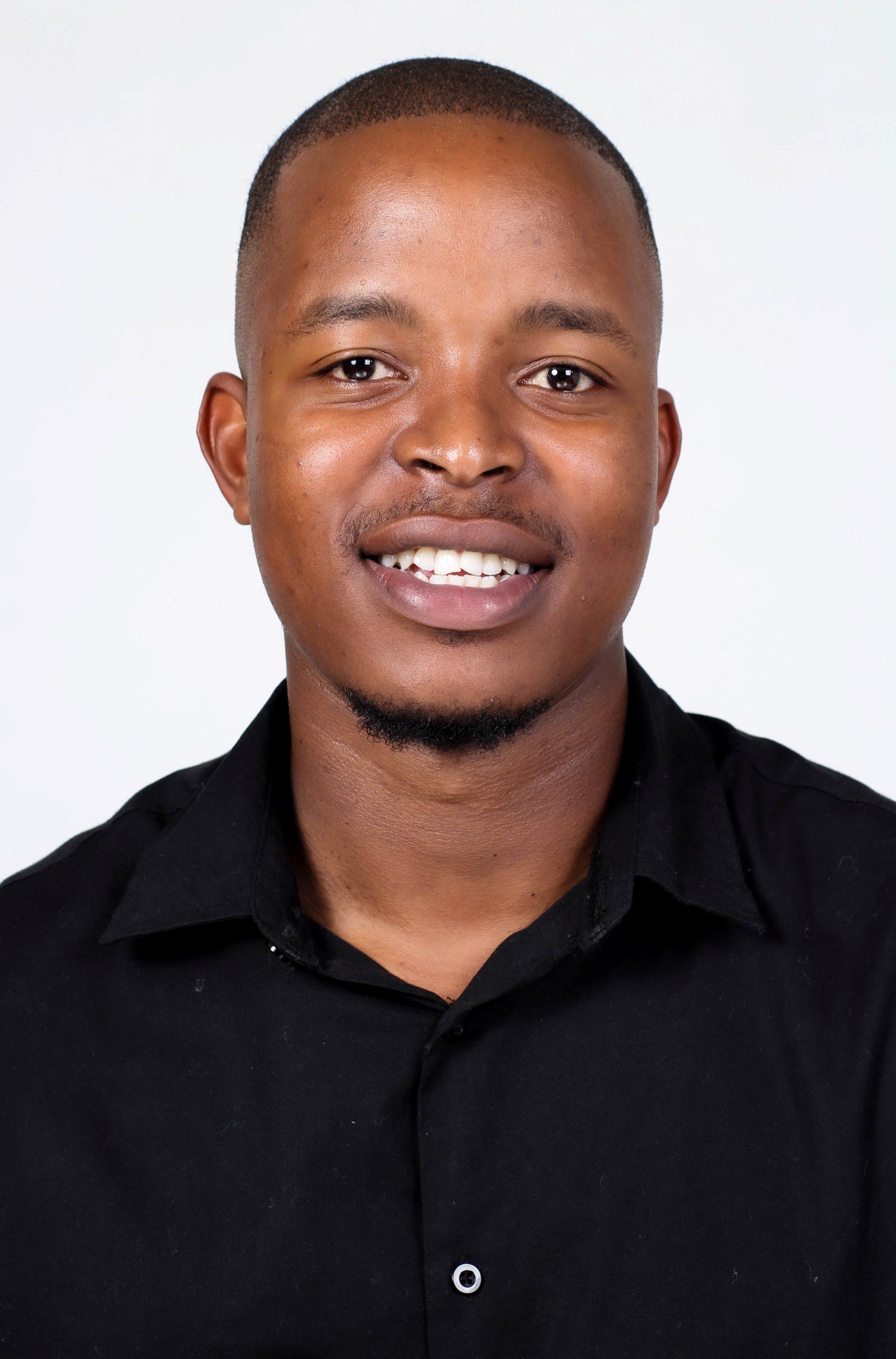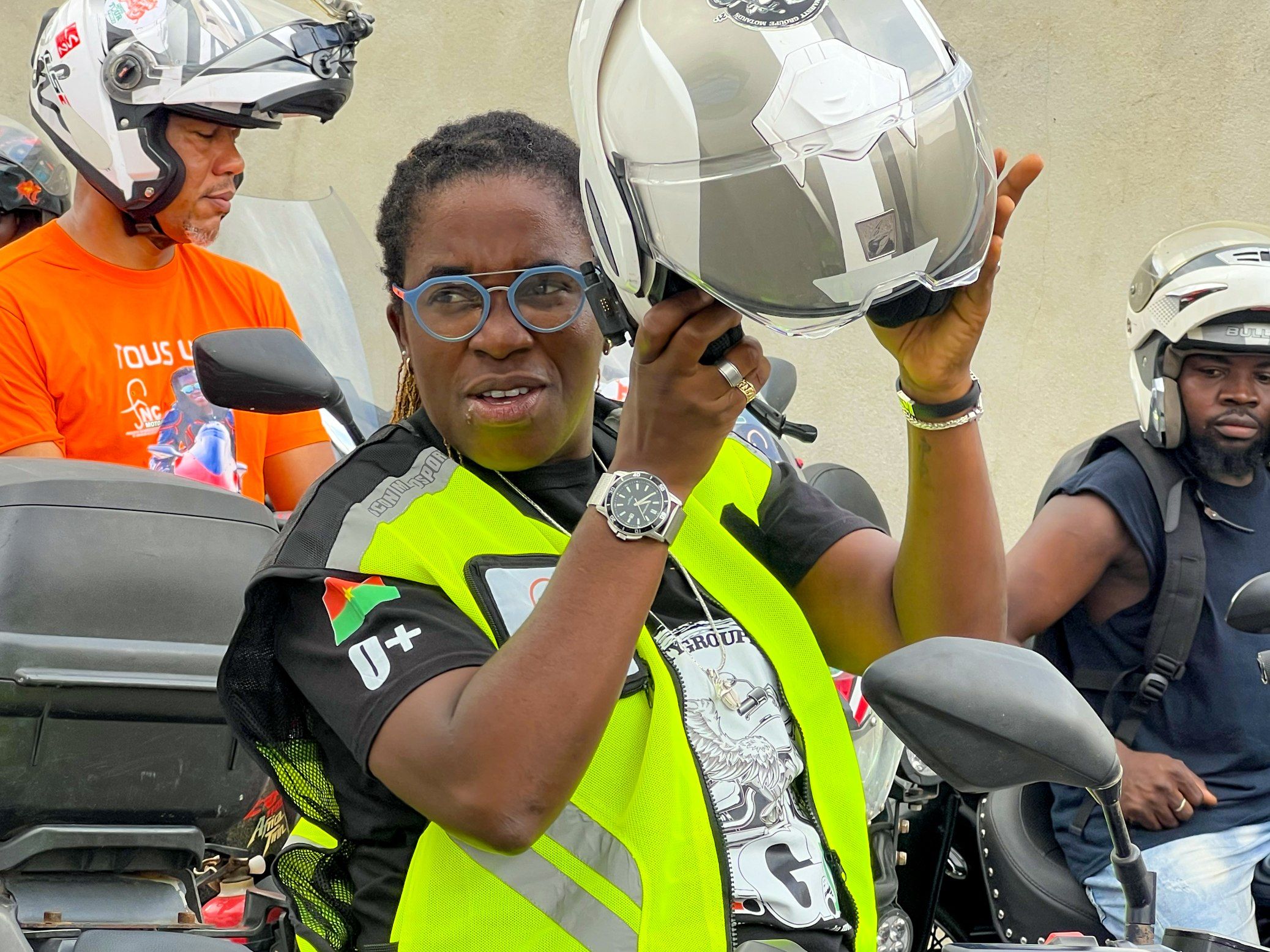A place belongs to whoever claims it hardest, remembers it obsessively, wrenches it from itself, shapes it, renders it, loves it so radically that he remakes it in his own image ~ Joan Didion.

Frank Njugi’s work is a perfect embodiment of this quote. Take for example this stanza in his poem Nairobi, Nairobae, Nairoberry: The Fragmented Reality of City Skins published on Brittle Paper:
I leave my novice nature as ashes
& my late grandmother’s voice sings to me,
‘Utamerithitie ndatigaga kuhaada’
for her memory has become nothing more than
a mere smoke and mirror to my writing about–
a city & it’s fecklessness.
Or this other stanza from the poem Bethnic that features in his micro-chapbook Risto Za Maswara:
In Naivasha, the smell of lavender / a loop that transforms into a benthic;
aback you are taken, to days of surliness, / —asphyxia made kin to memories, as a poem is made to carry the erased shrapnels / of inner lesions, dandelions whose flowerheads are blown away only by a gust of wind.
Evidently, Frank is much more than a poet: he is a potter shaping places, a painter re-imagining then re-painting places, a liberator obsessively wrenching places from themselves, a romanticist claiming places hardest and most passionately, a quintessential troubadour.
Why this obsession with the idea of place?
“Being a person who had to leave the place I grew up in order to try and achieve my dreams, the feeling of displacement is always following me around. I write about a place in an attempt to try and understand how I can remake my (new) environment in my own image while battling this feeling of displacement,” he explains.
Frank exudes a quiet, almost reticent demeanour and words leave his lips in a measured staccato. It is easy to dismiss him as one who is not given to lending himself easily to others, especially to strangers. But this is only until the subject of literature is broached. Instantly, his eccentricity becomes ignited and fireballs of excitement begin to dance in his pupils as he goes off on a tangent quoting writers such as Teju Cole and Toni Morrison, flailing his arms about in a fit of irrepressible excitement.
At 24, Frank is perhaps the youngest (by age) and most exciting page poet in Kenya presently. And he has a boatload of nominations and awards to show for it. His accolades include being a recipient of a Sevhange Agema Founders Prize for poetry, a Pushcart Prize nomination, being named runners-up in the 2023 Fence International Literary Seminar, shortlisted for the inaugural Hyginus Ekwuazi Poetry Prize, and appearing in the longlist of the inaugural Akachi Chukwuemeka Prize For African Literature.
“One time when I was a kid, my father brought home an assortment of books that included trilogies by Ken Follet and Lee Child. These books made me fall in love with literature,” he says. Once his love for literature had been ignited, Frank followed through by reading from African poets such as Romeo Oriogun, Clifton Gachagua and Alexis Teyie. Enkare Review, a Kenyan literary journal, would also form a core part of his early education in poetry during his teenhood.
As was inevitably bound to happen after continuous and sustained exposure to literature, Frank began writing. Writing became a means of expression, a conduit for interpreting the sensibilities around him and a way for him to re-arrange and re-shape language that he already knew in new ways that excited and captured his imagination. In a small room in his father’s house, young and impressionable, Frank’s imagination and lyrical arrangements married to bring forth poetry that began to get featured in some of the literary journals that had formed the foundation of his education in poetry.
Overly ambitious and restless, at 23, Frank decided to relocate from his hometown in Naivasha to Nairobi permanently. “Essays by Carey Baraka painted the picture of Kenyan literati as people who belonged to some elite establishment one could only dream of and so I moved to Nairobi to try to get into that world,” he says.
Consequently, Frank’s becoming as a poet was undergoing rapid evolution. He cites Clifton Gachagua’s poetry as having shown him that Kenyan identity could be captured and portrayed in the form of profound linguistic innovations and Naomi Waweru — another high-flying Kenyan poet — as having introduced him to confessional poetry as a style. It is through this evolution that Frank was able to arrive at the essence of his poetry which he describes as “an endeavour of expressing truth, even if I endeavour to do it at times using speculative and nonsensical literary styles such as Dadaism and Surrealism.”

Through his latest poem, Black Boys Are Volatile published in African Writer Magazine, Frank not only reveals himself as a poet who has come of age but also as an intellectual philosophising the struggle of his people. In one of the stanzas in the poem, he poignantly asks: is it sage for broken people to embrace their brokenness?
“The poem is an attempt to question whether an African can come to terms with their flaws and subsequently work towards remedying them especially while living in a third world country rife with problems that make you have to choose between survival and self-actualisation,” he offers.
Even with all the heady success thus far, Frank contends that the literary scene and structures in Kenya are restricting which is why most of his publishers and audience are Nigeria-based. He attributes Nigeria's visionary spirit in literary matters as the chief reason why he has been able to seamlessly connect with Nigerian writers who have in turn introduced him to their audiences there. Of Kenya he says, “Page poetry in Kenya exists, but not at the level it should be. There is ease at which one can publish poetry books right now, but this has come at the expense of the craft,” he continues, “Unfortunately, the need for quality seems to have eerily been done away with, which is why some of us opt to look outside, to avenues such as those in Nigeria as this is where quality is prioritised.”
In Nairobi’s literary circles, Frank underwent yet another metamorphosis. In mid-2023, he would get the chance to attend the Nairobi Writers Academy courtesy of 2018 Caine Prize winner Makena Onjerika where he learnt the intricacies of non-fiction writing under Carey Baraka. The classes would introduce him to New Journalism and the work of its pioneering figures such as Truman Capote, Joan Didion and Gay Talese which brought him to the realisation that he wanted to become a journalist and more specifically, a critic. Thereafter, he began his career as a culture journalist and critic with stints as a contributor at Debunk Media then interning at Wakilisha Africa and at the beginning of 2024 he was hired as the first ever East African correspondent of Los Angeles and Lagos-based African and Black Media Publication Afrocritik.
Puzzled by this metamorphosis, I ask him if there is a relation between his foundation as a poet and his work as a culture journalist to which he responds, “My poetry is often pop culture oriented. Since I was young, I have always been a film, music and art geek. I might be seated in a matatu, hear a lyric from a song blasting in the speakers and that might spark a poem. As a culture journalist and critic, I am always reviewing music albums, films and at times even events. So in that sense my work as a journalist has me interacting with the very forms of art that inspire me.”
If anything, Frank’s work as a culture journalist has further sharpened his eye for detail and most importantly cemented his place as a chronicler of the age in which he exists. Just like Roger Ebert the revered film critic, Frank believes that a country’s art reveals the desires, fears and deepest secrets of its people. And what does Kenya’s art scene reveal about its people?

“We are unbridled dreamers. And this is reflected in our art that comes off as a means of healthy escapism,” he says.
Frank asserts that one of the major realisations that he has come to in his stint as a culture Journalist is that, just as in the literary scene, there exists a yawning gap in Kenya’s music and film industries. He concedes that our music genres pales in comparison to the buzz of West African Afrobeats and lacks the enchanting vibe and conviviality of Amapiano and its dances while our film scene, though making positive advancements, still falls behind that of say Nigeria or South Africa. His diagnosis is that there are oodles of talent in Kenya but a dearth of regulatory and marketing structures within the artistic spaces to push music and film to the larger African and global markets.
With a second chapbook in the pipeline, Frank is upbeat and boisterous. For one, it is being edited by acclaimed Nigerian poet Jide Badmus while the cover illustration will be by Martins Deep, a 2023 Sillerman Prize semi-finalist. Additionally, it is his revealing to the world not just as a poet but as an artist, and to quote him in one of his poems – “ I become forthright with my weaknesses/ - as there is an art to flaws becoming freckles/ & I am Michelangelo”.





